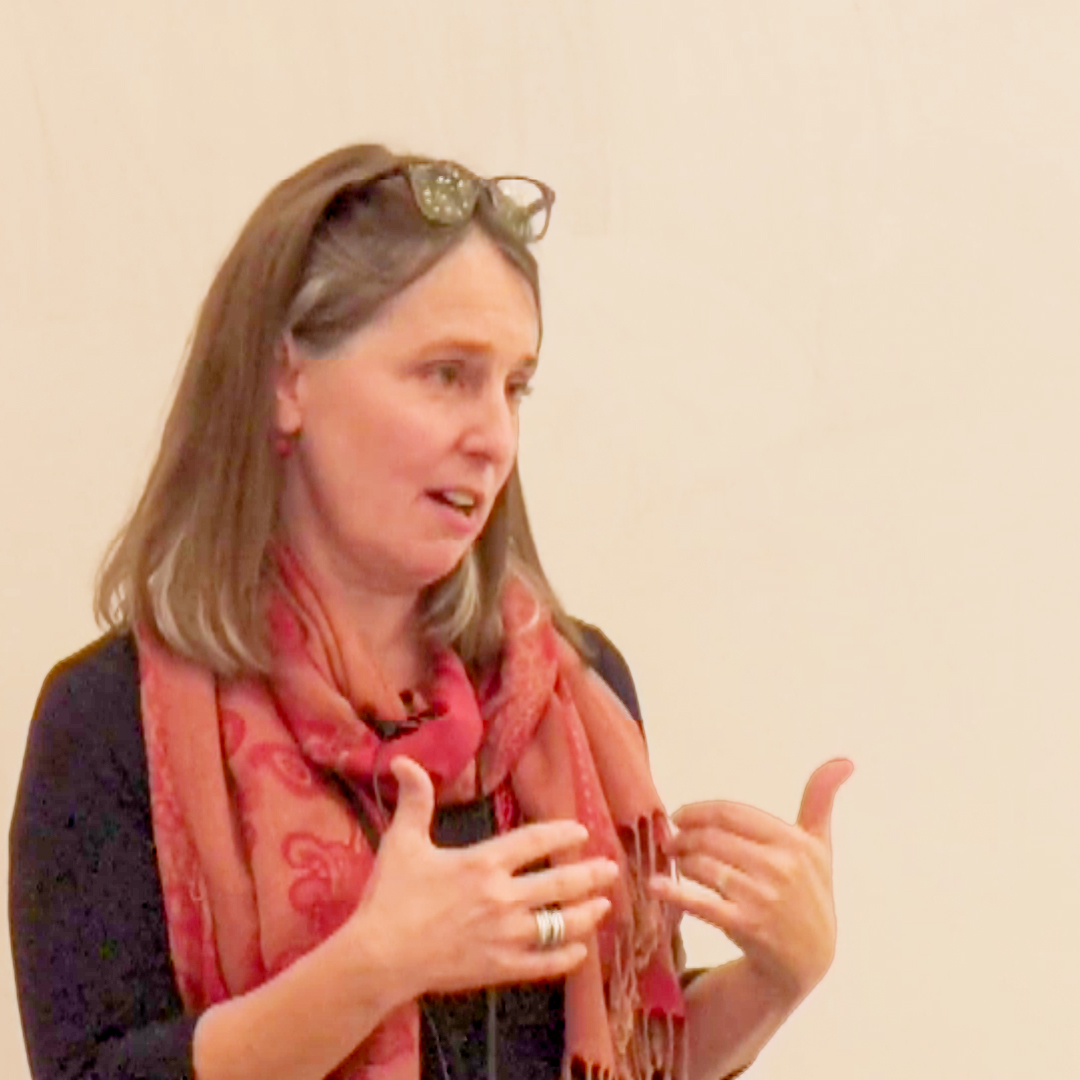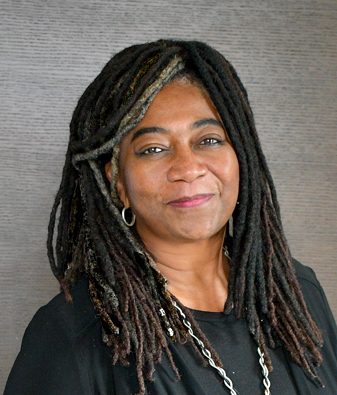The Centre for Criminology & Sociolegal Studies marked its 60th anniversary with the 25th Annual John Ll. J. Edwards Memorial Lecture on November 2, 2023.
CrimSL's Interim Director Professor Matt Light welcomed guests and provided introductory remarks before handing the floor to renowned scholar Professor Mary Bosworth of Oxford University.

Professor Bosworth's presentation, "What to make (of) border violence," drew from her ongoing research on institutionalized violence within the British immigration detainee escorting system and shared her insights into the nature and consequences of border violence.
She describes the system as “overwhelmingly coercive and painful and overwhelmingly dehumanizing” as it allows and embeds physical violence into broader social, legal, and economic arrangements. And yet, she argues, “the system persisted. Still it expanded, still it hardened … its legitimacy was never drawn into question.”
"It's clear that we're living through violent times. Yet with some notable exceptions … criminologists and sociolegal scholars, I think, have actually spent surprisingly little time documenting the everyday violence that's permitted and indeed required within the systems that we study. Or perhaps more accurately, they haven't named it as such. So, in particular, those of us who study contemporary custodial institutions in Northern liberal democracies like the UK and Canada rarely use the language of violence in our accounts of how these systems operate. Rather, we tend to rely on cognate and intersecting terms like power, order, disorder, or perhaps we focus more narrowly on specific issues like racism and sexism." - Professor Mary Bosworth
Bosworth's talk was followed by a lively Q & A and discussion.
Video
- Watch “What to Make Of (Border) Violence” to further delve into Professor Bosworth’s unique observations on the contemporary role of criminology and sociolegal studies in conceptualizing violence.
Resources
- Barak, M. P. (2023). The Slow Violence of Immigration Court: Procedural Justice on Trial. New York: NYU Press.
- Canning, V. (2017). "Gendered Harm and Structural Violence in the British Asylum System." Routledge Studies in Criminal Justice, Borders and Citizenship. Routledge.
- Canning, V. (2019). "Degradation by design: women and asylum in northern Europe." Race & Class, 61(1), 46-63. https://doi.org/10.1177/0306396819850986.
- Deflem, Mathieu. (2014). "Book review: Violence and Punishment: Civilizing the Body Through Time" (by Pieter Spierenburg). International Journal of Comparative Sociology, 55(1), 85-86. https://doi.org/10.1177/0020715214530201.
- Foucault, Michel. (1977). Discipline and Punish: The Birth of the Prison. London: Allen Lane.
- Lindberg, Annika. (2022). Deportation limbo: State violence and contestations in the Nordics. Manchester, UK: Manchester University Press.
- Scraton, P., Sim, J. and Skidmore, P. (1991). Prisons Under Protest. NCJ Number 129842. Bristol, PA: Open University Press.
- Sparks, R. "CAN PRISONS BE LEGITIMATE? 'Penal Politics, Privatization, and the Timeliness of an Old Idea.'" The British Journal of Criminology 34 (1994): 14-28. http://www.jstor.org/stable/23638185.
- Sparks, R., Bottoms, A., and Hay, W. Prisons and the Problem of Order (Oxford, 1996; online edn, Oxford Academic, 22 Mar. 2012), https://doi.org/10.1093/acprof:oso/9780198258186.001.0001.a
- Super, G. (2024). "Porous Penality and the Myth of Liberal Punishment: Lessons from South Africa." The British Journal of Criminology, 64(1): 107-123, https://doi.org/10.1093/bjc/azad017
CrimSL's incoming Director, Professor Kamari Clarke, next presented a short talk on the future of criminology. She remarked on the history of the Centre and our responsibility to "devise alternative and better futures" in the next 60 years.

"How can we continue to mobilize our research findings to addressing wicked problems that are multi-pronged and have no singular solution?" she asked.
"There's no doubt that we stand on the shoulders of the giants who have advanced our understandings of criminology and sociolegal studies in our world.
At this moment … the challenges are greater than ever, but so too are the opportunities for us to teach, to learn, to listen, and to act. My hope is that through this 60th anniversary we'll recommit ourselves to the pursuit of knowledge in a way that enables us to understand some of the most challenging issues of our time.
Thank you to all of you for bringing us here, John Edwards, to many of our alumni who are here and who have played a significant role in bringing us to this moment, and thank you for your dedication to the future of the field and I look forward to working with you in the coming five years to plant the seeds — to plant the seeds — for the next 60 years." - Professor Kamari Clarke
Video
- Watch "Criminology Future and Vision" for Professor Clarke's full remarks.
Professor Matt Light next invited guests to join the gala 60th anniversary reception in the Criminology Library across the hall.
At the reception, former CrimSL Director Professor Audrey Macklin provided a toast to the next 60 years of CrimSL.
It is worth noting that the reception generated zero food waste owing to the volunteer work of the University of Toronto's MealCare Chapter arranged by CrimSL undergraduate student Tamara Altarac, CrimSL's Communications & Events Assistant.
About the Edwards Memorial Lecture
The annual John Ll. J. Edwards Memorial Lecture is delivered in honour of the Centre’s founder, Professor John Llewellyn Jones Edwards. The inaugural lecture was delivered on November 1, 1995.
This year's lecture was presented by the Centre for Criminology & Sociolegal Studies with co-sponsorship from Woodsworth College and the Faculty of Law at the University of Toronto.
Abstract
What to Make Of (Border) Violence
In this presentation, I will draw on material from a long-term, mixed-methods research project with staff in the UK deportation and short-term immigration detention system, to reflect on how criminologists and socio-legal scholars conceptualise, study, and understand institutional(ised) violence. Notwithstanding extensive theorization of power and control, there has been surprisingly little scholarly engagement with actual use of force, or more bureaucratic coercive strategies. Instead, reflecting the liberal roots of the fields, most accounts, particularly in the UK, assume institutions are based on a negotiated settlement between the powerful and the powerless. Border control draws some of these views into question. As I will show, from initial staff training in physical strategies and techniques of restraint, to the filing of ‘use of force’ reports, the private company and their public sector ‘client’ -- the UK Home Office – have created a detailed, administrative system of coercion and control, which not only acknowledges, but indeed invites, a certain amount of physical repression. In concentrating on some of these examples, I will explore not only the nature and role of violence in border control, but also its effect on studying this system. What are the ethical challenges of studying a violent system and its analytical effects? Can we ‘make sense’ of it, and should we even try?
About the speaker
Mary Bosworth is Professor of Criminology, and Fellow of St Cross College at the University of Oxford. In 2013, she founded the international research network and website Border Criminologies which brings together a wide range of scholars and practitioners working on the growing intersections between criminal justice and immigration control. Mary has published widely on immigration detention, deportation, punishment, race, and gender. She is currently writing a new monograph provisionally entitled Supply Chain Justice and the Logistics of British Border Control for Princeton University Press about deportation and short-term detention in the UK. Her research has been funded by The British Academy, the European Research Council, the Leverhulme Trust, the Economic and Social Research Council, the Nuffield Foundation, the Open Society Foundations, and Oxford University’s John Fell Fund. Mary is UK Editor-in-Chief of Theoretical Criminology, co-editor of Routledge Studies in Criminal Justice, Borders and Citizenship, co-editor of Clarendon Studies in Criminology at Oxford University Press, and a member of the editorial boards of Race & Justice, Punishment & Society, Incarceration, and the International Journal of Migration and Border Studies.


